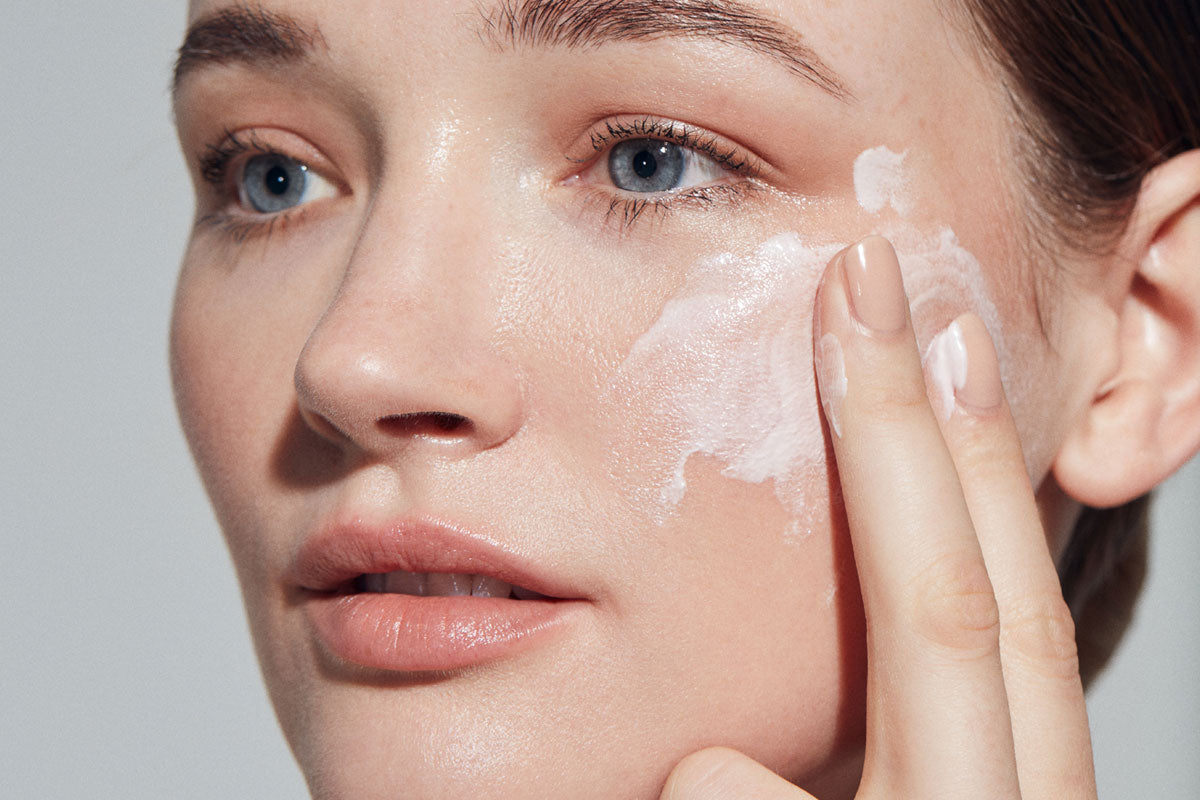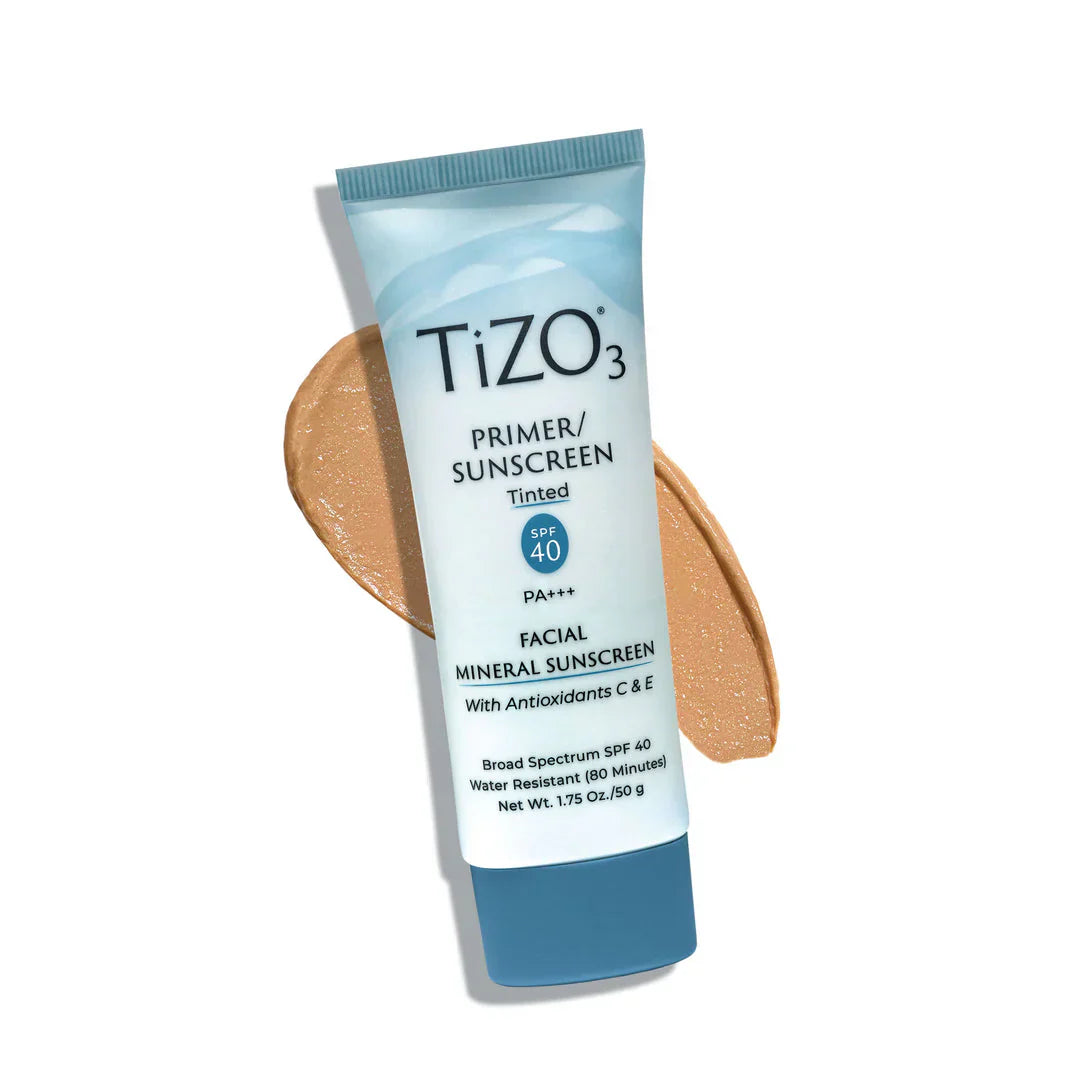Winter brings changes - like our wardrobe and diet – but also changes to our skin. Dry skin is extremely common when the weather turns colder, and we need to switch to our winter skincare regimens to counter dry and dull skin.
Why is my skin dry in winter?
Dry skin is usually a result of a weakened skin barrier. The reason our skin gets extremely dry in winter is that there is a decrease in the skin’s natural oils, due to over-washing, or using products that are not winter skin-friendly, and end up drying out our skin.
In addition to seasonal changes, genetics also play a role in whether someone has dry skin. Some people have drier skin due to a lack of a protein called filaggrin, which plays a vital role in firming and hydrating your skin barrier. In winters, the dryness gets worse as the barrier that was already weak gets even weaker. Makeup can also contribute to dry skin, especially if it is not suited for your skin type or contains ingredients that strip away moisture.
Your skin also gets dry and flaky due to several environmental conditions. The outside humidity is lower in winters, and due to cold temperature, we expose ourselves to forced air or heat, which further decreases humidity and causes dry skin.
What causes winter dry skin?
Winter changes the humidity and temperature, creating perfect conditions for dry skin, also known medically as xerosis.
The outermost layer of the skin called the epidermis is further divided into many layers. The thin outer surface layer of the epidermis is known as the stratum corneum or the skin barrier. Lipids, along with dead skin cells, make up the skin barrier, which acts as a layer of protection that prevents harmful toxins from entering the body. When this skin barrier sustains damage, the skin appears dry or irritated.
Moisture plays a vital role in keeping the skin barrier strong. Studies have shown that the moisture content in the skin during winter is low compared to the summer, with fewer lipids in the skin barrier. These differences contribute to dryness and irritation in winters.
What are the signs of dry skin?
Some of the most common signs and symptoms of dry skin in winter include:
- Flakiness
- Rough texture
- Redness
- Itchiness
- Cracks in the skin
- Irritated skin
- Stinging or burning when anything is applied
Symptoms can range in severity depending on your skin type.
Tips for combating dry skin in winter
Proper winter skincare for dry skin involves a combination of habit changes. Some skin care tips to improve the condition of your skin are as follows:
Skincare tip #1 Limit your showers
A long, hot shower is not very skin-friendly in winter as over-washing will dry your skin. The heat from the water dries the oils out of your skin. Try limiting showers to between 5 and 10 minutes, and shower every other day if possible. Especially, if you are already suffering from issues like dry skin.
Skincare tip #2 Moisturize right after washing
Washing your face or body strips your skin of its natural oils. As these oils are essential to lock in moisture, it’s vital to replace them. That’s why it’s important to use a moisturizer after you wash your face or take a bath in winter. After a shower, dry your skin and then immediately apply moisturizer. This will help trap moisture already in your skin while providing additional moisture.
Moisturizers containing emollients, like linoleic, linolenic, and lauric acids, help smooth the surface of the skin. They fill the spaces where there has been a loss of moisture in your skin layer.
Also, humectants present in moisturizers help attract moisture to the skin. Some useful humectants are:
- Hyaluronic acid
- Glycerin
- Sorbitol
Must Try - ASAP Advanced Hydrating Moisturiser
Skincare tip #3 Adjust your skincare routine
The skin on your face in winter is especially sensitive, and it’s very possible for it to become irritated, due to the dry winter air - it helps to simplify your skincare routine for winter. While developing a winter skincare routine, remember that your skin’s moisture barrier needs to be healthy for serums, and other types of beauty treatments, to work.
Also, irritated skin is more sensitive to fragrance and alcohol in skincare products. So, try keeping your skincare routine simple. Limit yourself to using just a moisturizer and sunscreen in the morning and a gentle cleanser with a moisturizer at night.
Skincare tip #4 Don’t over-exfoliate
Over-exfoliating can also be damaging to your skin, especially in winter when it is already very sensitive. It strips moisture and oils out of your skin and will make your skin itchy and dry. Exfoliate once or twice a week if your skin looks dry or flaky.
If your skin is raw, cracked, or irritated, it might be best not to exfoliate until your skin has healed.
Skincare tip #5 Protect your hands
Dry skin on your hands is very common in winter. Use moisturizers containing dimethicone, a silicone-based product that works like a miracle for skin dryness. Also, make it a habit to wear gloves when you go outdoors in the cold.
Skincare tip #6 Drink more fluids.
Try to hydrate the skin from both inside and outside. On average, a person needs from 8 to 12 glasses of water per day. Dehydrated skin looks dull, tired, irritated, flaky, and rough, so make sure to drink plenty to make your skin look hydrated and fresh.
Could it be more than just dry winter skin?
Dry skin is not always due to winter. As you age, you start losing the natural moisture your skin had, and most adults over the age of 40 have drier skin naturally and should be applying moisturizer regularly.
Sometimes consuming excess caffeine and seasonal stress can make rosacea worse. The anti-inflammatory condition psoriasis is also worsened by a lack of sunlight. Likewise, eczema flares up due to sweat and frequent swimming in chlorinated water.
In some cases, dry skin can also be a sign of an underlying health condition, such as diabetes, hypothyroidism, or a nutrition deficiency.
For extremely dry flaky skin, try acting on the skincare tips mentioned above and see the difference yourself.



